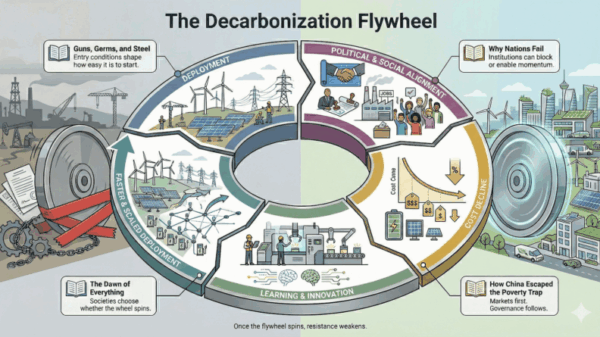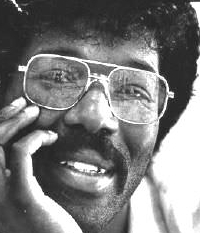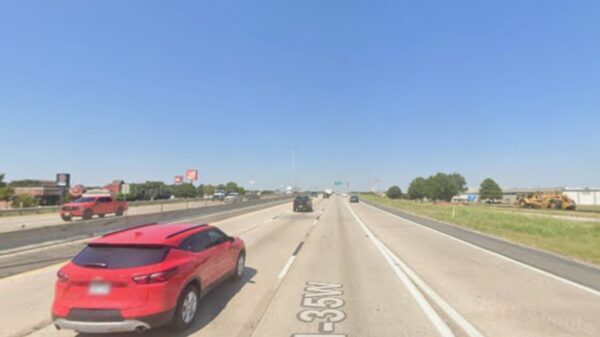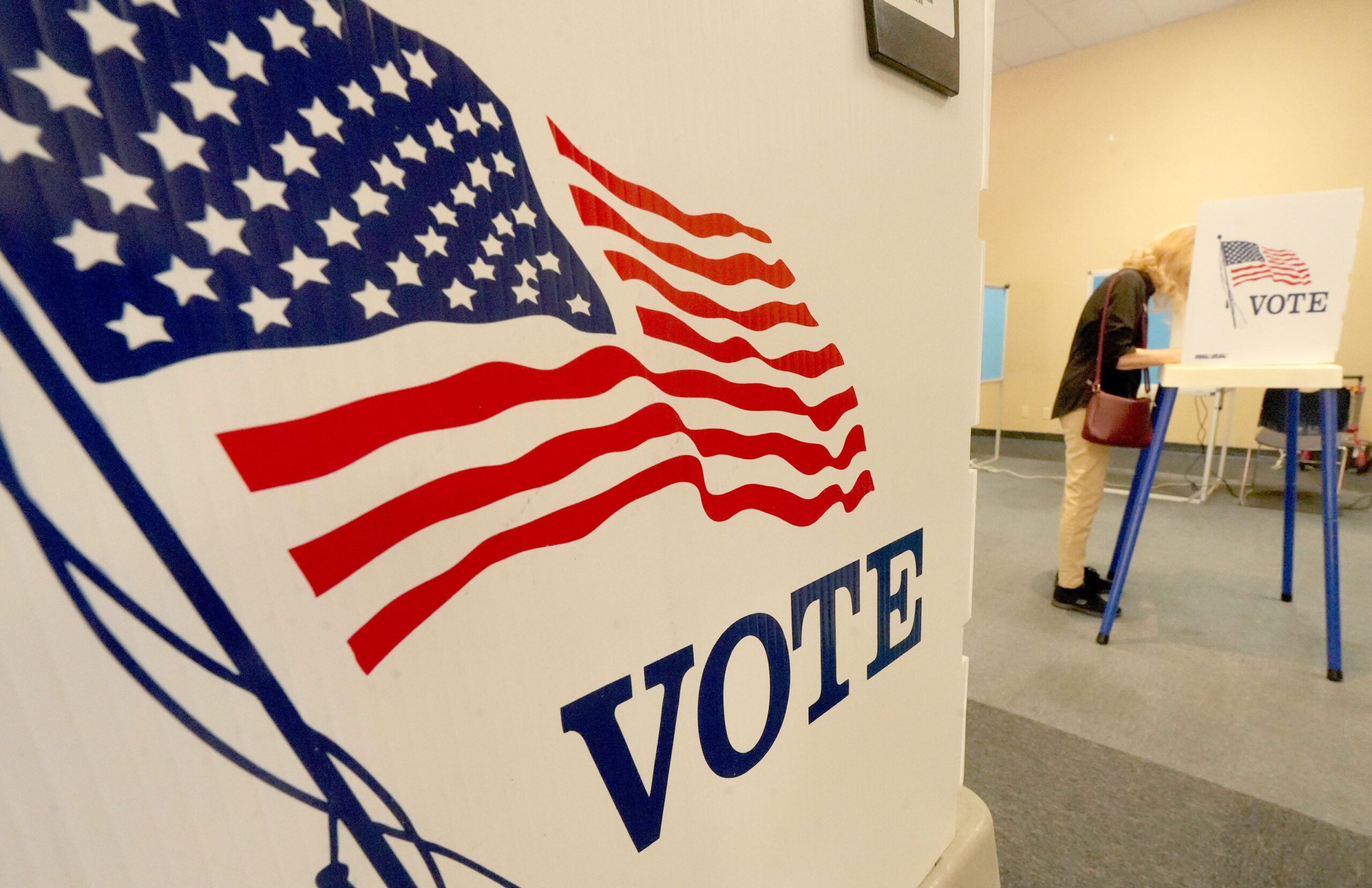California voters have decisively backed Proposition 50, a measure aimed at redrawing congressional districts to address gerrymandering practices that critics attribute to former President Donald Trump. As of 22:30 on November 4, 64.4% of voters across California supported this initiative, which aims to counteract gerrymandering efforts primarily seen in Texas. In Ventura County, the support was nearly as significant, with approximately 63% of voters in favor.
The proposition allows the California Legislature to temporarily redraw congressional districts, with the new maps set to take effect for elections beginning in 2026. This change is designed to potentially create five additional seats that could benefit the Democratic party, as the state seeks to counter recent Republican gains. The nonpartisan commission responsible for drawing these maps will resume its duties following the 2030 census.
Implications of the Vote
The stakes surrounding Proposition 50 are substantial. If the initiative successfully brings a Democratic majority to the House, it could lead to congressional investigations and increased legislative gridlock, with some speculating about the possibility of a third impeachment attempt against Trump. Conversely, should Republicans maintain control of the House during the midterm elections, it could enable the continuation of Trump’s contentious agenda.
Supporters of the measure view it as a necessary response to perceived unfair practices. Katherine McNeil, a Democrat from Ventura, expressed her belief that the redistricting in Texas necessitated a counteraction. “If they are going to play dirty to win, then there is really no other decision to come to,” she stated.
Opponents are concerned about the legality of the measure, arguing that it represents a politically motivated move by Governor Gavin Newsom, who they suggest may have presidential ambitions. Republican Mark Bellini from Ojai voiced his disapproval, stating, “I’m hoping America wakes up to what’s going on and stops the Democrats from changing our country into something it wasn’t intended to be.”
Voter Turnout and Future Challenges
Voter turnout in Ventura County is reported at over 184,000, approximately 35% of the county’s total electorate of around 526,000. An additional 15,000 voters participated in person on Election Day, with long lines observed at various voting locations. Ballots yet to be counted include those submitted by mail and those placed in drop boxes.
The proposition’s apparent success indicates a shift in how redistricting is perceived, moving away from an independent process to one viewed through a partisan lens. Haco Hoang, a political science professor at California Lutheran University, remarked that this development may trigger an “arms race” in redistricting efforts. Meanwhile, political consultant Tab Berg anticipates that Republicans may end up with more congressional seats as a result.
The election is also expected to spark legal challenges from both sides, as significant funding was allocated to the campaign. Supporters raised over $172 million, while opponents spent more than $84 million, according to the California Secretary of State’s office.
Political analysts suggest that the implications of this vote extend beyond immediate results. Tim Allison, an adjunct political science professor at CSU Channel Islands, indicated that the true outcome will only become clear during the midterm elections in 2026. “The next step is in the hands of the voters,” he concluded.
This latest development in California politics underscores the ongoing national discourse surrounding electoral integrity and representation. As the process unfolds, the attention remains focused on how these changes will ultimately impact governance in the years to come.







































































